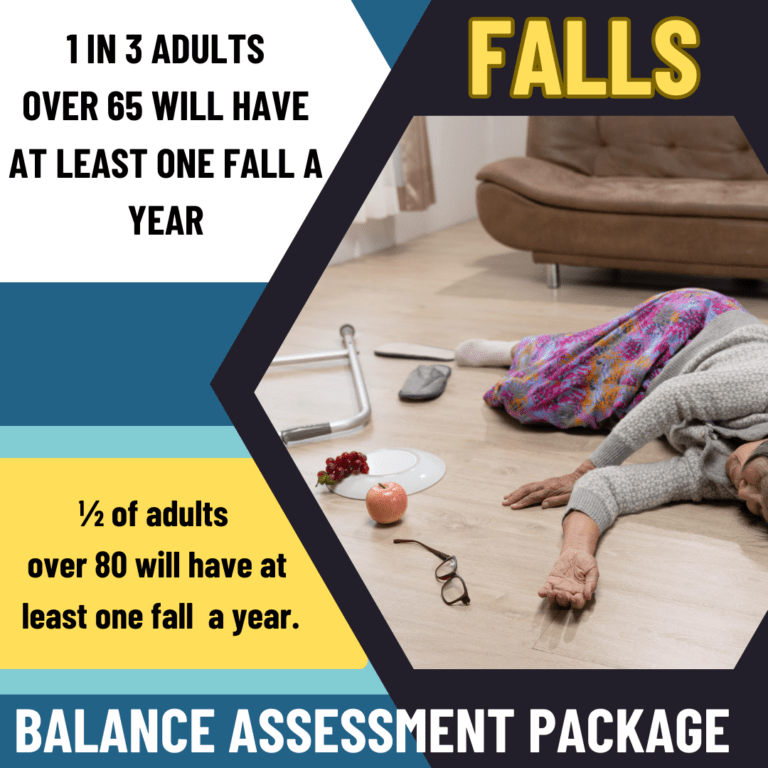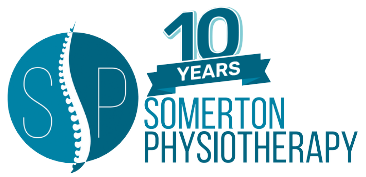Can Physio help with our Balance?
Balance is an extremely important aspect of our lives, I don’t mean our bank balance or the ability to balance 101 things at the same time. I mean balance that prevents us from falling over, allows us to stand on one leg with our eyes closed or if you feel inclined, walk a tightrope from the top of the Hogan stand to the Cusack stand in Croke Park.
You may think of balance as something that our body does naturally without having to give it a second thought.
It is something that we develop as children, think of a child learning how to walk…..it becomes instinctive…sure it just happens, right?
Balance is a very complex mix of different systems within our body…

How does our body know how to balance?
Vision, vestibular system and proprioception. Vision gives us valuable information regarding our surroundings and allows us to make adjustments to suit our surroundings and stay upright. Our Vestibular system is located in the inner ear and uses a complex mechanism to allow us maintain head position and stability.
Proprioception refers to our ability to know our body position, knowing where our limbs are without even looking at them…
Take a second… Sit up straight… Open your arms out wide to either side of your body…now with the tip of your index finger touch the tip of your nose….now try it with your eyes closed….that is proprioception.
What happens when we lose our ability to balance?
Balance is all well and good in a healthy individual, all the above systems work together allowing us to do all the activities we have to do daily and all the activities we love to do. Balance can become effected for many different reasons such as injuries, disease and aging.
Unfortunately as we age we do lose our ability to balance and thus increase our risk of falling. It is shown that 1 in 3 adults over the age of 65 will suffer one fall a year and for adults over the age of 80, 1 in 2 will suffer one fall a year. As we age we lose muscle mass and bone density, this can occur from the age of 35. The reduction in muscle mass along with other factors can increase your risk of falling. Couple an increased risk of falling with decreasing bone density (strength of your bones), this will increase your risk of a bone injury due to a fall.
5% of adults over 65 years of age will be admitted to hospital due to a bone related injury, of which the most common is a hip fracture. Hip fractures in most cases result in surgical fixation or a Total Hip Replacement.

Our physiotherapist at Somerton Physiotherapy can assess your balance and determine your risk of falling. With this information our physiotherapist can discuss with you some fall prevention strategies and teach you how to limit your risk of falling. Physiotherapy can also reduce your risk of falling by introducing you to balance exercises which will challenge your balance and reactions and also to resistance training.
Download our Falls Prevention Leaflet here
You can now book an appointment at our Blanchardstown Physiotherapy Clinic, our Castleknock Physiotherapy Clinic or our Old Bawn Physiotherapy clinic through our website www.somertonphysio.ie, email us at i[email protected] or call us on 01 9069566.
Please do not hesitate to contact us if you have any questions about our Better Balance Programme.
You can follow us on our Facebook page and Instagram for more updates.
